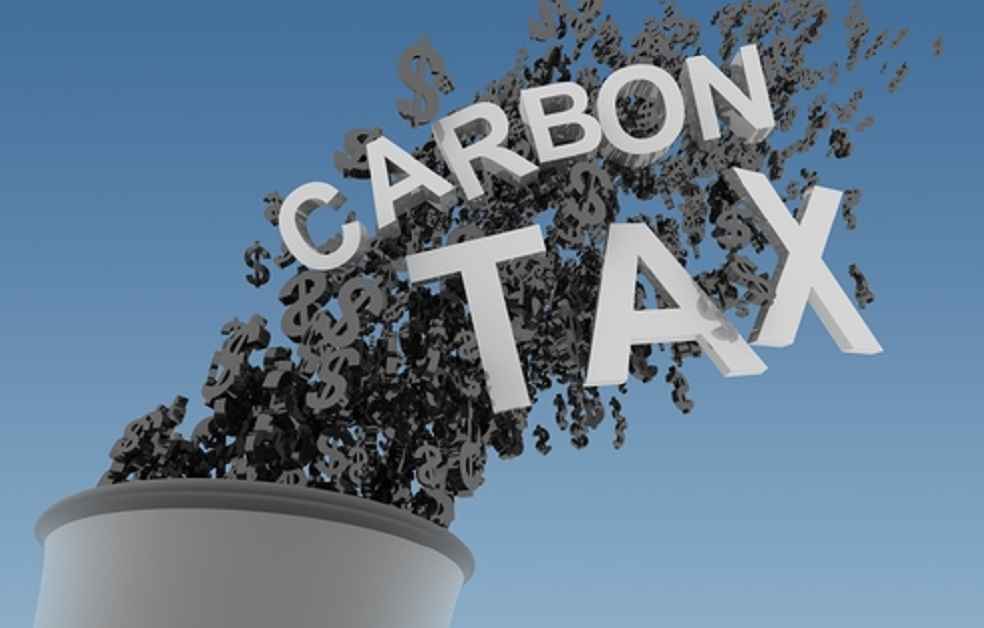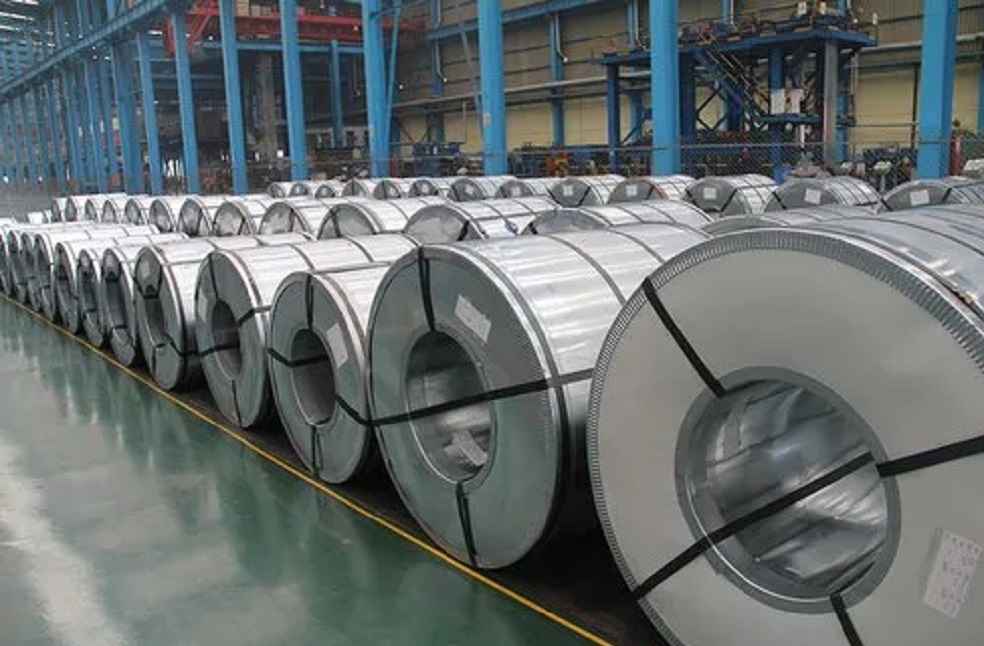The world’s battle against climate change introduces shifts like the European Union’s (EU) carbon border adjustment mechanism (CBAM), profoundly altering global trade landscapes. Top officers from India’s government and steel industry representatives convened recently to dissect the intricacies of the EU’s looming carbon tax and potential repercussions on Indian exports.
With Commerce Secretary Sunil Barthwal at the helm, this significant gathering welcomed experts from diverse departments, encompassing Finance, Power, Steel, and Mines. This high-profile conversation aimed to discern how India, a key exporter to the EU, should best brace for the CBAM, particularly concerning metals like iron, steel, and aluminum.
A pressing concern arises from a report by the think tank, Global Trade Research Initiative (GTRI). Last year, a noteworthy chunk of India’s metal exports – valued at $8.2 billion or 27% – reached the EU shores. GTRI anticipates that the novel carbon tax might negatively influence these exports.

The CBAM seeks to impose a tax on carbon-intensive products imported into the EU, acting as a distinct import duty. While the actual tax manifests on January 1, 2026, from this October, sectors such as steel and aluminum must relay their carbon emissions data to the EU. GTRI highlights that deviations from accurate reporting attract substantial penalties.
Sources reveal that the recent discussions revolved around both multilateral and bilateral responses to the EU’s carbon tax. Notably, the government previously approached the EU, advocating exemptions for its Micro, Small, and Medium Enterprises (MSMEs) from this tax. Beyond this, India suggested a mutual recognition agreement for its Carbon Credit Trading Scheme (CCTS) as a protective measure.
For the 27-member EU bloc, CBAM isn’t a mere trade-centric instrument. They regard it as an integral component of their expansive climate action ventures. Yet, industry voices from nations like India perceive it chiefly as a trade apparatus, prompting debates on the equilibrium between environmental protection and trade fairness.

On domestic grounds, companies, notably from the steel realm, are proactively adopting measures such as initiating captive solar power plants and championing green manufacturing methodologies to slash carbon emissions. Parallelly, the Indian government propels these endeavors by endorsing renewable energy utilization and afforestation.
While the EU’s CBAM stems from a commendable purpose, navigating its global trade implications is a tightrope walk. As countries like India strive to synchronize their trade and ecological ambitions, it accentuates the intertwined destinies of global trade and environmental sustainability in today’s era.
BUSINESS GENERAL | EU Carbon Tax; India Preparing to Countermove



